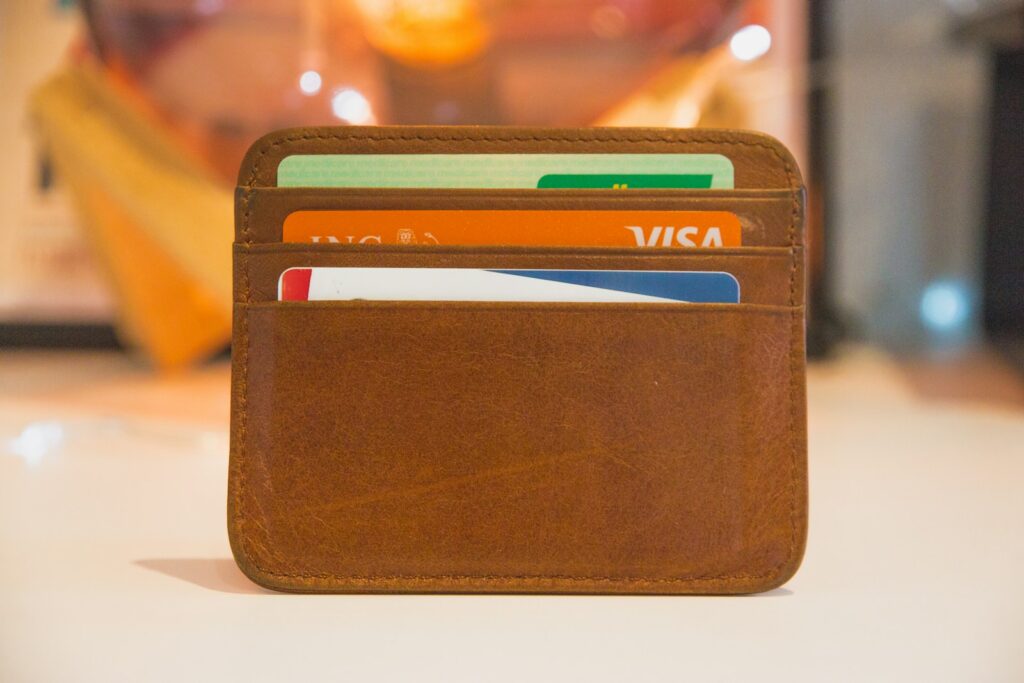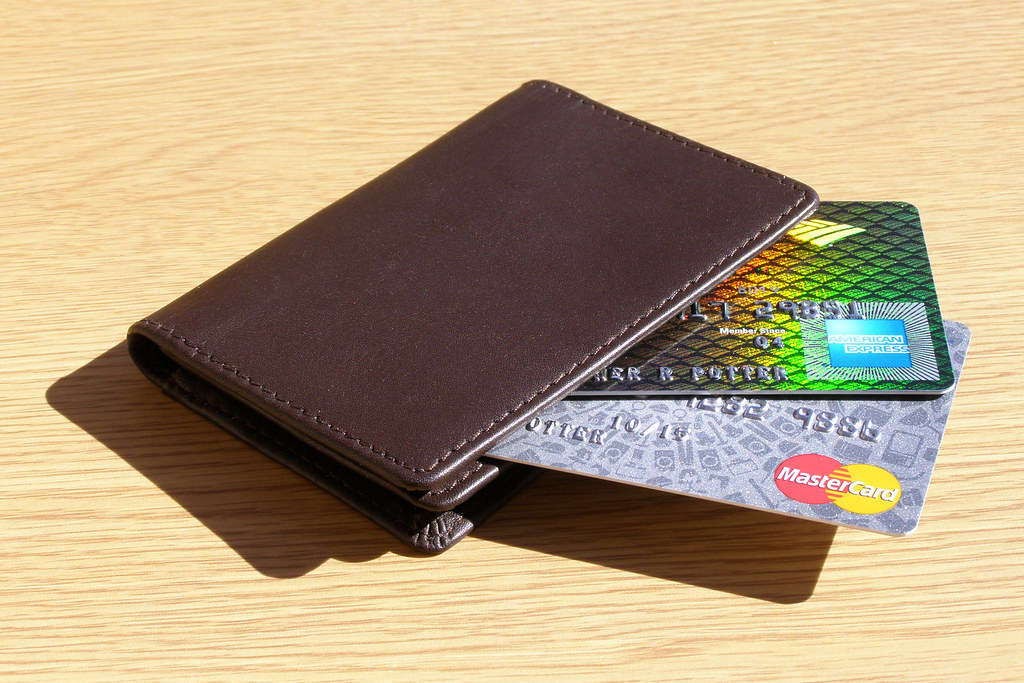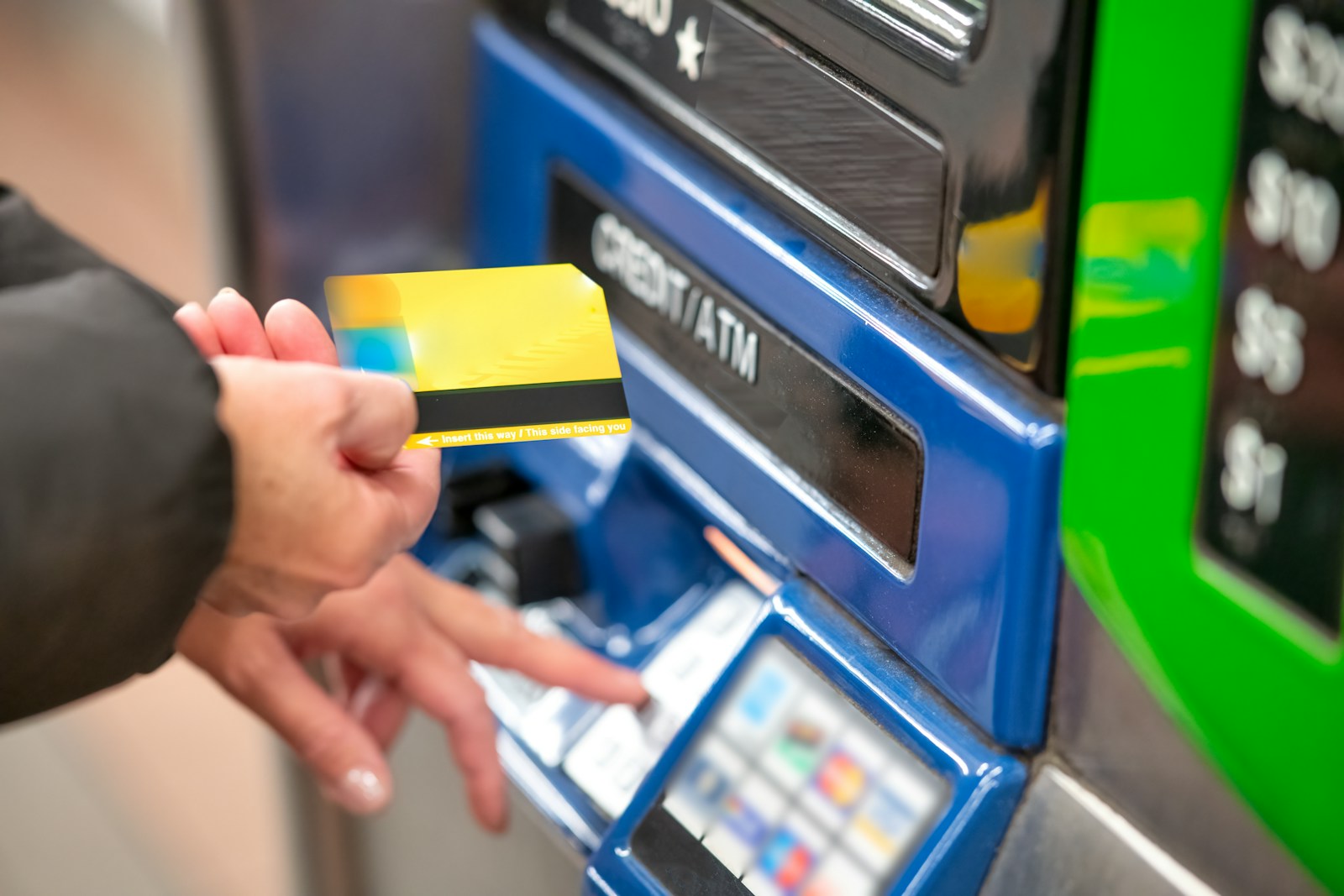Building a strong credit history is essential for achieving financial goals and securing favorable terms on loans and insurance. One effective tool for building and improving your credit history is a credit card.
However, using credit cards wisely is key to maximizing their benefits. In this comprehensive guide, we’ll explore how to use credit cards to build your credit history effectively, including practical tips, common pitfalls to avoid, and strategies for long-term success.
Understanding Credit History and Credit Scores
Before diving into how credit cards can help build your credit history, it’s crucial to understand what credit history and credit scores are.
Credit History: Your credit history is a record of your credit activities, including loans, credit card accounts, and payment history. It shows how you have managed your debt over time.
Credit Score: A credit score is a numerical representation of your creditworthiness. It ranges from 300 to 850. Higher scores indicate better creditworthiness. Your credit score is influenced by factors such as payment history, credit utilization, length of credit history, types of credit accounts, and recent credit inquiries.

How Credit Cards Affect Your Credit History
Credit cards play a significant role in shaping your credit history. Here’s how they can impact it:
- Establishing Credit History: When you open a credit card account, it adds to your credit history. A longer credit history can positively influence your credit score.
- Payment History: Your payment history is a crucial factor in your credit score. Making timely payments on your credit card accounts demonstrates financial responsibility and contributes to a positive credit history.
- Credit Utilization: Credit utilization refers to the amount of credit you’re using compared to your total credit limit. Keeping this ratio low by managing your credit card balances wisely can improve your credit score.
- Credit Mix: Having a mix of credit types (e.g., credit cards, installment loans) can benefit your credit score. Credit cards contribute to this mix, showcasing your ability to manage different types of credit.
Practical Tips for Using Credit Cards to Build Your Credit History
Using credit cards effectively involves strategic management and responsible habits. Here are some tips to help you build your credit history:
1. Choose the Right Credit Card
Opt for a Credit Card with No Annual Fee: Many credit cards come with annual fees. Choosing a card with no annual fee ensures you don’t incur unnecessary costs.
Consider a Secured Credit Card: If you have no credit history or poor credit, a secured credit card might be a good option. Secured cards require a deposit, which serves as collateral. This can help you build or rebuild your credit.
Look for Cards with Rewards: Some credit cards offer rewards, such as cashback or points. While rewards are not directly related to building credit, they can add value to your credit card usage.

2. Make Timely Payments
Pay Your Bill on Time: Timely payments are essential for building a positive credit history. Set up reminders or automatic payments to ensure you never miss a due date.
Avoid Late Fees: Late payments can negatively impact your credit score. Paying your bill on time helps avoid late fees and demonstrates responsible credit management.
Pay More Than the Minimum: Paying more than the minimum amount due reduces your balance faster and lowers your credit utilization ratio. This can positively impact your credit score.
3. Maintain a Low Credit Utilization Ratio
Keep Balances Low: Aim to use less than 30% of your credit limit. For example, if your credit limit is $1,000, try to keep your balance below $300.
Avoid Maxing Out Your Card: Using your credit card up to its limit can hurt your credit score. Maintain a low balance relative to your credit limit to improve your credit utilization ratio.
Pay Down Balances Regularly: Regularly paying down your credit card balances helps keep your credit utilization low and shows that you are managing your credit responsibly.
4. Monitor Your Credit Report
Check Your Credit Report Regularly: Regularly reviewing your credit report helps you stay informed about your credit history. It allows you to identify and correct any errors or inaccuracies.
Dispute Inaccuracies: If you find errors on your credit report, dispute them with the credit reporting agency. Correcting inaccuracies can improve your credit score.
Track Your Credit Score: Many credit card issuers provide free access to your credit score. Monitoring your score helps you understand how your credit card usage impacts your credit history.

5. Use Your Credit Card Responsibly
Avoid Unnecessary Debt: Only charge what you can afford to pay off each month. Avoid accumulating debt that you cannot repay in full.
Don’t Apply for Too Many Cards: Applying for multiple credit cards in a short period can lead to multiple hard inquiries, which may negatively affect your credit score.
Use Your Card Regularly: Regularly using your credit card and paying off the balance demonstrates that you are actively managing your credit. Infrequent use can result in the account being closed, which may impact your credit history.
Common Pitfalls to Avoid
Building your credit history with credit cards requires careful management. Avoid these common pitfalls:
1. Missing Payments
Consequences: Missing payments can lead to late fees and negatively impact your credit score. Consistent late payments can remain on your credit report for up to seven years.
Solution: Set up automatic payments or reminders to ensure you pay your credit card bill on time.
2. High Credit Utilization
Consequences: High credit utilization can lower your credit score. It indicates that you may be overextending yourself financially.
Solution: Keep your credit card balances low relative to your credit limit. Aim for a credit utilization ratio below 30%.
3. Accumulating Unnecessary Debt
Consequences: Accumulating debt can lead to financial stress and negatively impact your credit score if you’re unable to make payments.
Solution: Charge only what you can afford to repay in full each month. Avoid using credit cards for non-essential purchases.
4. Closing Old Accounts
Consequences: Closing old credit card accounts can shorten your credit history and potentially reduce your credit score.
Solution: Keep older accounts open, even if you’re not using them actively. This helps maintain a longer credit history and a higher credit score.
5. Applying for Too Many Credit Cards
Consequences: Multiple credit card applications can result in multiple hard inquiries on your credit report. This can lower your credit score temporarily.
Solution: Apply for new credit cards only when necessary. Focus on maintaining existing accounts and managing them responsibly.

The Benefits of Using Credit Cards to Build Credit
Using credit cards to build your credit history offers several benefits:
- Improved Credit Score: Responsible credit card use, including timely payments and low credit utilization, contributes to a higher credit score.
- Easier Access to Credit: A strong credit history makes it easier to secure loans, credit cards, and other financial products with favorable terms.
- Better Loan Rates: A higher credit score can lead to lower interest rates on loans and credit products, saving you money over time.
- Enhanced Financial Opportunities: Building a positive credit history opens up opportunities for better insurance rates, rental approvals, and financial flexibility.
Real-World Examples
To illustrate the impact of using credit cards to build credit, consider these examples:
Example 1: Sarah’s Success
Sarah opened her first credit card at age 21. She made small purchases each month and paid off her balance in full. Over time, Sarah’s credit score improved, and she was able to secure a car loan with a low interest rate. Her responsible credit card usage contributed to her strong credit history.
Example 2: John’s Setback
John applied for multiple credit cards within a short period. Although he was approved for several cards, he struggled to manage the balances and missed a few payments. As a result, John’s credit score dropped, and he faced higher interest rates on a future loan. Managing credit card usage carefully could have prevented this setback.
How Our Team Developed These Insights
Our insights into using credit cards to build credit history are based on extensive research, client experiences, and industry best practices. We analyzed successful credit-building strategies and reviewed common challenges faced by individuals.
By synthesizing this information, we aim to provide practical advice for effectively using credit cards to enhance your credit history.
Conclusion
Using credit cards to build your credit history can be a powerful tool when done correctly. By choosing the right credit card, making timely payments, maintaining a low credit utilization ratio, and monitoring your credit report, you can effectively build and improve your credit history.
Avoiding common pitfalls and practicing responsible credit management will lead to a stronger credit score and better financial opportunities.
Understanding the impact of credit card usage on your credit history allows you to make informed decisions and achieve long-term financial success. Stay proactive in managing your credit and take advantage of the benefits that come with a positive credit history.


Leave a Reply